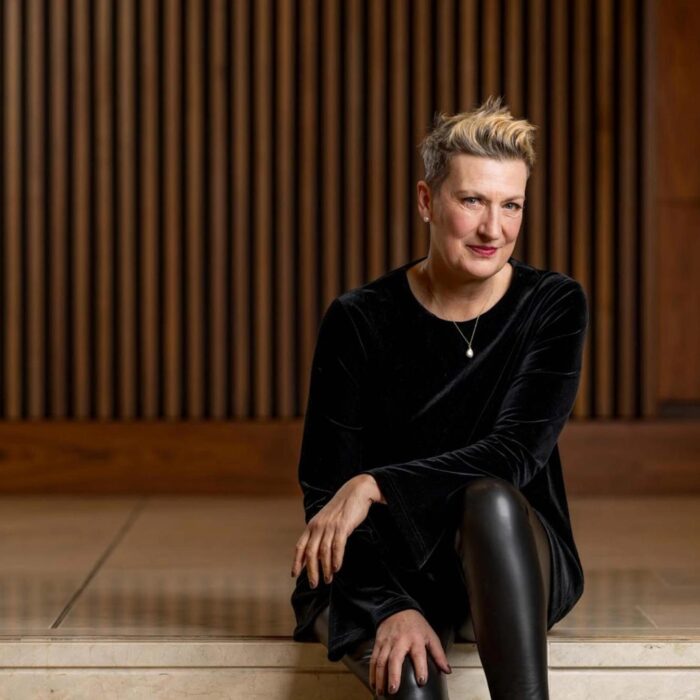
World Premiere of ‘Phoenix: A Musical Testimony of Women’s Rights Struggle in Iran’ Opens For International Women’s Day
By Afton WootenThe story of Nika Shakarami’s story has inspired a new musical work, written by the Iranian American creative team of composer Sahba Aminikia and librettist Zara Houshmand. “Phoenix,” (or “Qaqnus” in Persian) receives its world premiere on March 10 at Benaroya Hall in Seattle.
On Sept. 20, 2022, 16-year-old Nika Shakarami joined other Iranian girls and citizens in protesting the death of Mahsa Amini, who died in the custody of the Iranian morality police after appearing in public without the mandated head covering. Nika climbed atop an overturned garbage bin, set her headscarf on fire in full view of hostile police forces, and chanted “death to the dictator.” A few hours later, she went missing – and 10 days later, she was dead.
Sopranos Vanessa Isiguen and Madeline Ross, and mezzo-soprano Rachel Hauge’s voices representing three generations of Iranian women who share the challenges that have demanded their courage and the deep cultural history underlying the current uprising. The work has been commissioned by Music of Remembrance (MOR), a Seattle-based organization widely acclaimed for its commitment to developing new works that use art to confront compelling issues in today’s world. MOR Artistic Director Mina Miller has programmed the work’s world premiere alongside International Women’s Day.
“Iran has a 150-year history of movements promoting women’s rights and pursuing a vision of equality under the law,” said composer Sahba Aminikia in a press release. “Growing up in Iran, I was raised by my grandmother, my mother, and my older sister, who each carried the expectations of the different historic periods they lived through. My generation knows that the next major social and political revolution in Iran will be led by women. Like the qaqnus of Persian mythology, the future of the Iranian people will be created by our own transformation and rebirth through fire.”
Librettist Zara Houshmand said in a press release, “The symbolic removal of the hijab is not a simple response to modernity and foreign influence, but part of a more profound movement within the culture itself, and the role of women at its forefront is essential to its success. In exploring the stories of the women of my own family, I was intrigued to discover a very long tradition of Iranian women’s public protest that was fearless and dramatically charged.”
“I hope audiences take away a sense of these women as real human beings,” added Houshmand. “These aren’t just figments from the news – they are people with common hopes and a deeply felt sense of faith in the future. I hope these beautiful melodies and texts convey their determination. Too often, Americans stereotype Iranian women as feeble – but what we have seen in demonstrations recently shows incredible courage.”
Categories
News

